Early childhood education is a cornerstone of a nation’s development, setting the foundation for lifelong learning and growth.
In Ghana, the debate surrounding what constitutes quality in early childhood education remains pivotal as stakeholders seek to redefine and uphold standards that reflect the unique needs of Ghanaian children.
Quality early childhood education encompasses more than just access to schooling. It includes a holistic approach that prioritizes well-trained teachers, age-appropriate learning materials, child-centered curricula, and safe learning environments.
These elements ensure that children not only acquire academic skills but also develop social, emotional, and physical competencies essential for their overall development.
However, defining and achieving quality education in Ghana faces several challenges. Among them are disparities in teacher qualifications, limited resources in rural areas, and inadequate government funding. Despite these setbacks, innovative policies and community-driven initiatives are gradually making an impact. Programs that emphasize play-based learning, cultural inclusivity, and parental involvement are becoming models of best practices in the sector.
The way forward requires a collective effort involving government agencies, educational institutions, and private organizations. By aligning strategies to Ghana’s national development goals and ensuring consistent monitoring and evaluation, the country can set benchmarks for high-quality early childhood education.
Redefining quality standards in Ghana’s early childhood education is not just about meeting global expectations but about nurturing a generation equipped to transform the nation’s future.


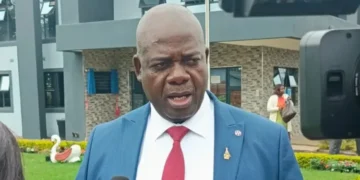
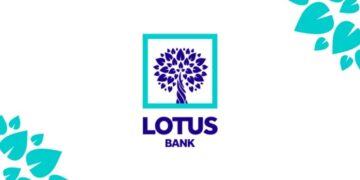
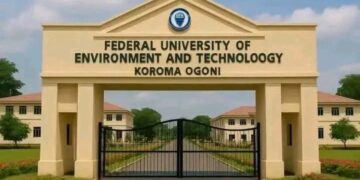

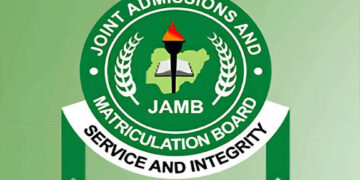























































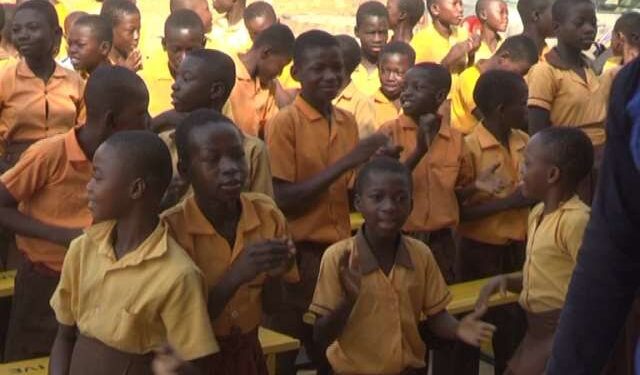




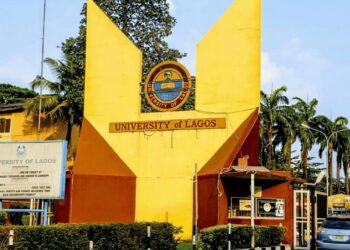


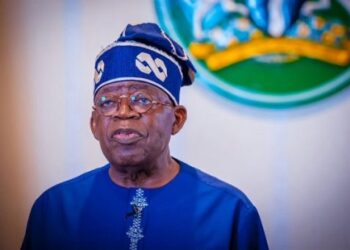











 EduTimes Africa, a product of Education Times Africa, is a magazine publication that aims to lend its support to close the yawning gap in Africa's educational development.
EduTimes Africa, a product of Education Times Africa, is a magazine publication that aims to lend its support to close the yawning gap in Africa's educational development.